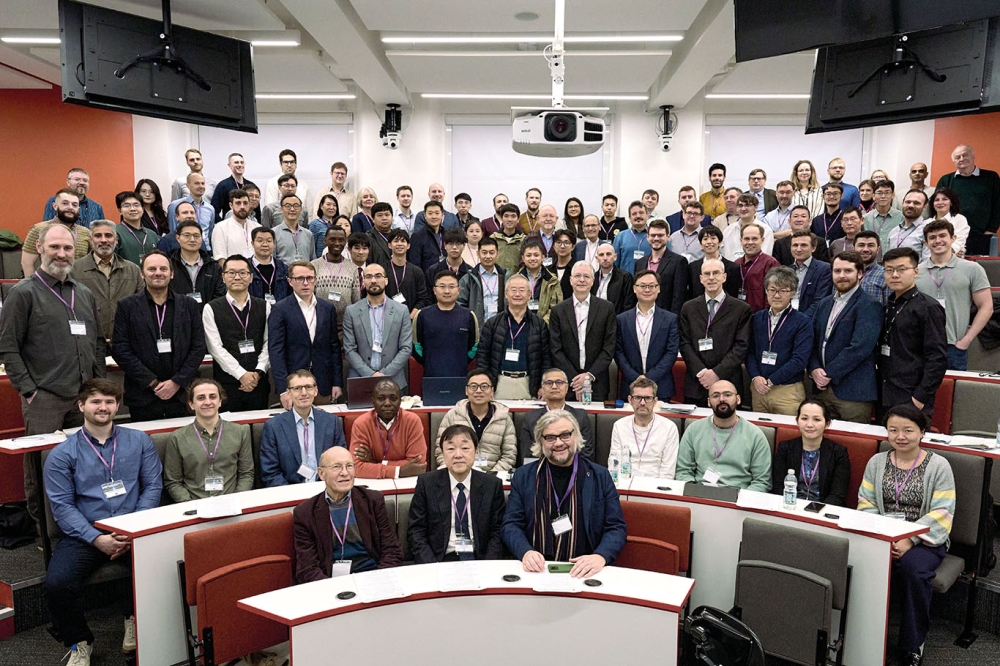News Article
Defective semiconductors could improve personal electronics efficiency
Defective semiconductor carbon nanotubes could have increased charge storage capabilities which can be used in the personal electronics market.
The miniaturisation of semiconductors has led to the development of more energy-efficient and smaller personal electronics and researchers at the University of California San Diego (UCSD) have made a discovery to progress this further.
Engineers have found that artificially introduced defects in nanotubes could support the development of supercapacitors - electrochemical capacitors with a higher energy density than common capacitors.
Carbon nanotubes are effective semiconductors and play a central part in nanotechnology.
The researchers have found that defective carbon nanotubes could benefit from increased charge storage capabilities.
This ability of the defective semiconductors could help meet consumer demand for personal electronics such as mobile telephones to be charged quickly and not on a regular basis, the university stated.
"While batteries have large storage capacity, they take a long time to charge; while electrostatic capacitors can charge quickly but typically have limited capacity. However, supercapacitors/electrochemical capacitors incorporate the advantages of both," explained Prabhakar Bandaru, a professor in the UCSD Department of Mechanical and Aerospace Engineering.
Engineers have found that artificially introduced defects in nanotubes could support the development of supercapacitors - electrochemical capacitors with a higher energy density than common capacitors.
Carbon nanotubes are effective semiconductors and play a central part in nanotechnology.
The researchers have found that defective carbon nanotubes could benefit from increased charge storage capabilities.
This ability of the defective semiconductors could help meet consumer demand for personal electronics such as mobile telephones to be charged quickly and not on a regular basis, the university stated.
"While batteries have large storage capacity, they take a long time to charge; while electrostatic capacitors can charge quickly but typically have limited capacity. However, supercapacitors/electrochemical capacitors incorporate the advantages of both," explained Prabhakar Bandaru, a professor in the UCSD Department of Mechanical and Aerospace Engineering.
































